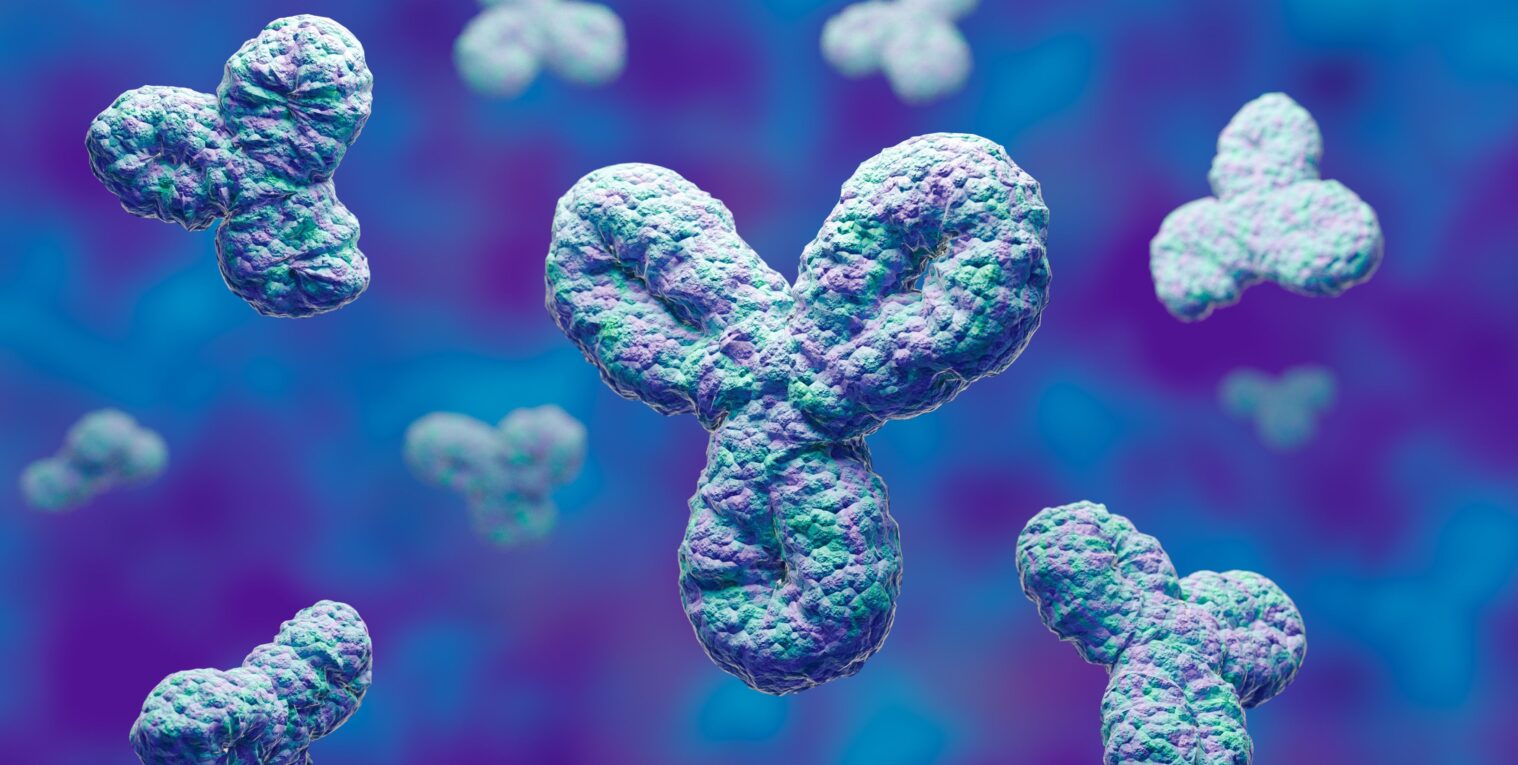Researchers at the Weizmann Institute of Science have developed a new algorithm that could revolutionize the process of adapting animal antibodies to make them safe for use in humans. The study, published in Nature Biomedical Engineering, offers a faster and more cost-effective way of humanizing antibodies, potentially leading to improved treatments for a range of diseases.
Traditionally, the process of humanizing antibodies involved replacing animal segments with human ones, a laborious and time-consuming process that can result in less effective or even useless antibodies. The new algorithm, known as CUMAb, works on a different principle. Instead of focusing on the similarity between animal and human antibodies, CUMAb prioritizes stability as a criterion for humanization.
Antibodies are proteins that neutralize pathogens by binding to them. They consist of a Y-shaped structure, with the upper section made up of two flexible hands that can recognize and bind to a wide range of pathogens. The stem region, on the other hand, remains fairly constant from one antibody to another.
Injecting animal antibodies into humans can trigger a violent immune response, which is why humanizing them is necessary. However, the process of humanization often results in unstable molecules that are ineffective in fighting disease. The new algorithm aims to address this challenge by prioritizing stability in the humanization process.
To test the algorithm, the researchers applied it to a mouse antibody and generated 20,000 potential humanized variants. The algorithm then predicted the structural stability of each variant and selected the best ones for testing. The team synthesized five different antibodies and tested them experimentally, including one that has shown promise in stopping the growth and spread of cancer cells.
Previous attempts to humanize this particular antibody had been unsuccessful, but using the new algorithm, the researchers were able to identify a variant that maintained stability while effectively targeting cancer cells. This breakthrough demonstrates the potential of the algorithm to significantly speed up the process of humanizing antibodies and improve their effectiveness.
The implications of this research are significant. By simplifying the humanization process, the algorithm could enable the development of safer and more efficient treatments for a range of diseases. It could also reduce costs and shorten development timelines, making these treatments more accessible to patients.
Lead author Ariel Tennenhouse, a graduate student at Weizmann Institute of Science, likened the traditional approach of humanizing antibodies to altering the internal walls of a house without considering its foundations. The new algorithm, on the other hand, takes stability into account, resulting in more stable and effective antibodies.
Overall, this research represents a significant step forward in the development of humanized antibodies. By combining computational modeling with experimental testing, the researchers have demonstrated the potential of the algorithm to revolutionize antibody design and improve patient outcomes.
*Note:
1. Source: Coherent Market Insights, Public sources, Desk research
2. We have leveraged AI tools to mine information and compile it

